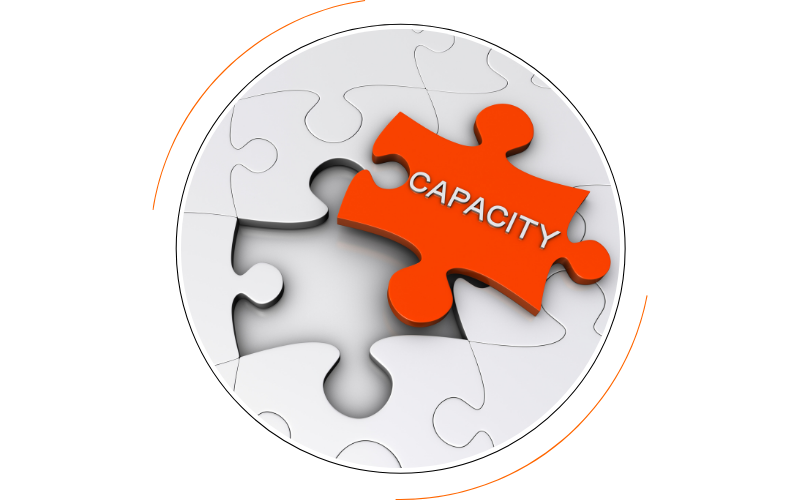Leaders often find themselves stuck in a cycle of constant reaction—racing against the clock, juggling demands, and putting out fires as they arise. It is like living in a video game. But the key to effective leadership isn’t fending off these constraints; it’s about expanding your capacity so you can lead with intention, inspire creativity, and drive meaningful results. Expanding your capacity is like unlocking a new level in a video game—essential for achieving those high scores in performance.
At Human Better EDU, we help leaders expand capacity in three domains.
- Physical Capacity: Mastering Time
Time management is like playing Tetris. You need to fit all the pieces—daily tasks, weekly goals, long-term plans—into your schedule without allowing it to overflow. When you master time you expand your capacity.
Mastering time involves planning for the immediate future (today), the near future (what is coming up soon), and the long-term (next year or beyond). You also need to investigate your love or hate relationship with time. If you see time as an enemy, it’ll feel like it’s always slipping through your fingers. If you see time as your ally, you’ll find it much easier to manage. (see Emotional Capacity below)
For more tools on becoming the boss of your time, check out our article on the nitty gritty of time management here.
- Emotional Capacity: Mastering Feelings
The state of our relationships to people and things are deeply intertwined with our productivity and creativity.
Think about this:
If I like working with you, we will be more productive together because our energy will be collaborative, positive and open, leading to higher output. If I have unresolved issues with you, my work energy with you will be rigid, resistant and negative, leading to lower productivity. Unresolved conflicts and negativity drain our energy and hinder our performance.
Likewise, if you HATE “doing your taxes” or “cleaning the kitchen”, you might resent any time you spend doing those things. When you alter a relationship with a task or an obligation you don’t like, you enable a successful outcome and less resistance to doing something “you have to do anyway”. If for example you focus on what is available after that task is complete (a refund or a sparkling kitchen) it shifts how you relate to the task) Consider when you shift the context, there is an expansion of capacity.
When you resolve stressful relationships (with people and things), you expand your capacity, therefore leaders would do well to cultivate an environment where emotional issues are addressed promptly and constructively.
- Mindful Capacity: Mastering Our Thoughts & Beliefs
Just as we clean our homes, streamline our diets, and declutter our inboxes to perform at our best, we must also learn to declutter our minds to unlock greater clarity, creativity, and personal power.
Picture a cup filled to the brim. To add anything new, you must first pour some of the liquid out. You can choose what to refill it with, but without first creating space, nothing more can be added. Our minds work the same way. To take in new, constructive ideas and perspectives, we need to release the old thoughts and beliefs that limit us—those that keep us stuck in fear, self-doubt, or a fixed mindset such as “I could never do that job” or “I don’t know how to do this”.
By identifying and reframing these thoughts and beliefs, we create mental space for growth, innovation, and opportunity. When we clean up our mental landscape, we ultimately expand what we are able to create and accomplish.
Conclusion
Expanding capacity is like adding extra lives in a game—it fuels growth and longevity. Creating space in these three areas, leaders can boost their ability to produce results, drive innovation, and inspire their teams. Ready to level up?






